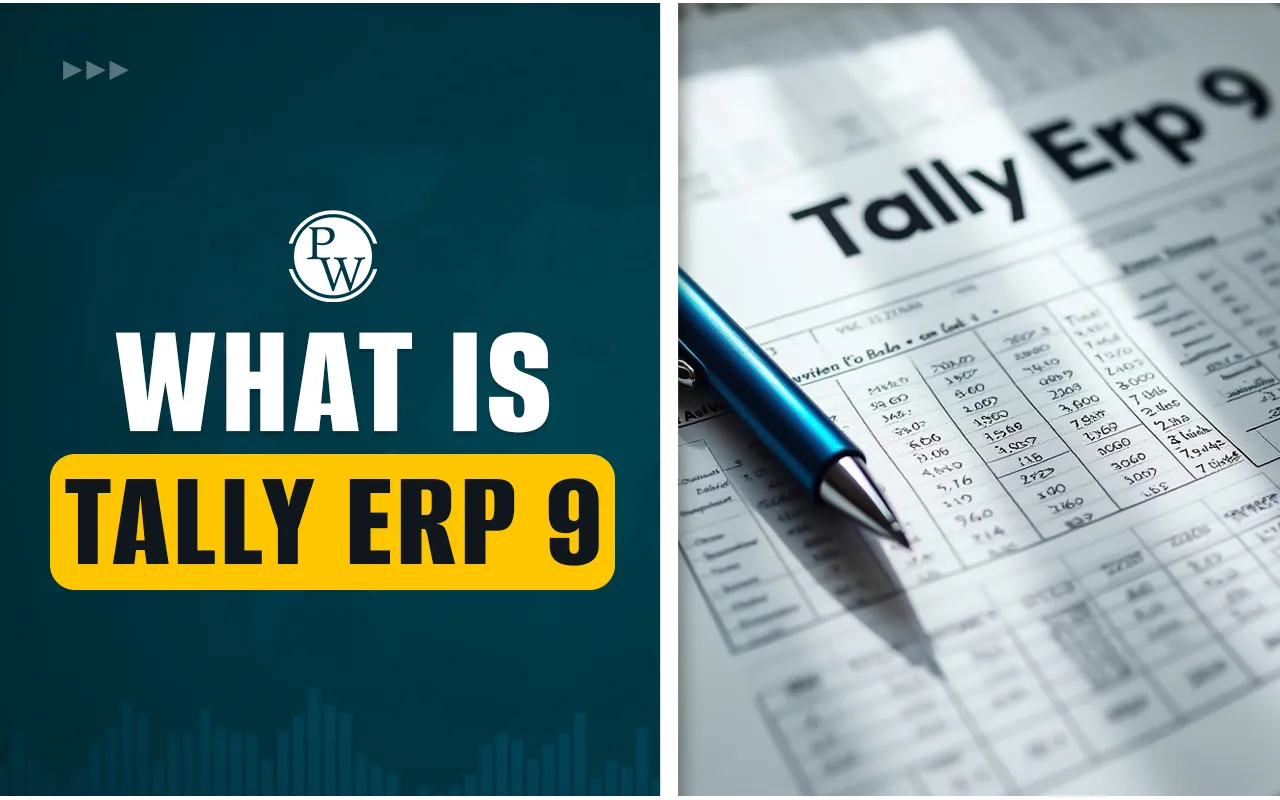
Finance vs Accounting is a common debate among commerce and management students, business professionals, and aspiring financial analysts. While both disciplines involve managing money and organizational assets, they serve distinctly different functions within a business. Understanding the roles, responsibilities, and career prospects of both can help learners make informed decisions about their academic and professional choices.
What Is Finance?
Finance is the study and management of money. It includes activities such as budgeting, borrowing, lending, saving, and investing. In simpler terms, finance revolves around how individuals and organizations acquire and utilize funds to achieve their objectives. The primary focus is on decision-making for future financial growth and sustainability.
Finance can be categorised into three main segments:
Personal Finance: Managing an individual's money, including savings, investments, and budgeting.
Corporate Finance: Focused on business financial activities like raising capital, budgeting, and evaluating investments.
Public Finance: Deals with government revenues, expenditures, and debt issuance.
Professionals in this field often engage in forecasting, strategic planning, and value assessment to guide future actions.
What Is Accounting?
Accounting refers to the systematic process of recording, summarizing, and reporting financial transactions. It helps organizations track their financial health and comply with legal and tax obligations. The main goal of accounting is to provide a clear and accurate picture of financial performance over time.
Accounting is broadly classified into:
Financial Accounting: Prepares financial statements for external users like investors, regulators, and creditors.
Managerial Accounting: Focuses on internal reports used by management for decision-making.
From tracking every rupee spent to generating balance sheets and income statements, accounting ensures transparency and control within a business.
Also Check: How To Change Career To Accounting?
Finance vs Accounting: Scope and Focus
When comparing Finance vs Accounting, the scope and focus of each discipline reveal clear differences. Accounting is primarily concerned with the past and present. It records what has happened financially and ensures accurate documentation. Finance, in contrast, is forward-looking. It is more about analyzing the current situation and planning for the future.
For instance, while accounting will tell you how much profit a company made last quarter, finance will guide decisions on how to reinvest that profit, reduce debt, or expand operations.
Measuring Financial Performance: A Different Approach
In accounting, financial performance is measured using structured reports such as:
- Income Statements
- Balance Sheets
- Cash Flow Statements
The accrual method of accounting is commonly used. It records revenues and expenses when they are incurred, not necessarily when cash changes hands. This provides a stable view of financial health over time.
On the other hand, finance professionals prefer to analyze cash flows, especially free cash flows, to determine profitability and business value. For them, cash is king, and they assess financial performance by how effectively cash is generated and utilized.
Assessing Value: Finance vs Accounting Principles
Another major difference in the Finance vs Accounting debate lies in how value is assessed.
Accounting follows the conservatism principle, meaning assets are recorded at their lowest possible value and liabilities at their highest estimate. This avoids inflating the organization’s financial position.
Finance employs valuation techniques like discounted cash flow (DCF) to estimate the current worth of future cash flows. It’s a more analytical and predictive approach aimed at determining investment viability and financial strength.
Tools and Techniques Used
Accounting uses tools like:
- Ledger books
- Journal entries
- Financial reporting standards (like IFRS or GAAP)
Finance, however, leans on:
- Financial modeling
- Ratio analysis
- Investment analysis tools
Each discipline has its unique toolkit, aligned with its respective objectives.
Finance vs Accounting Career Path
When it comes to the accounting vs finance career path, each offers different trajectories:
Accounting Career Path:
- Chartered Accountant (CA)
- Cost Accountant
- Internal Auditor
- Tax Consultant
- Accountants in firms or government offices
These roles focus on compliance, record-keeping, financial reporting, and tax management.
Finance Career Path:
- Financial Analyst
- Investment Banker
- Wealth Manager
- Portfolio Manager
- Financial Planner
These roles are focused on investment strategies, market research, and financial planning.
The accounting vs finance career path comparison shows that accounting is more stable and compliance-oriented, while finance can be more dynamic and strategic.
Also Check: Top Tax Preparer Interview Questions 2025
Educational Background and Skills
Both fields demand a strong foundation in commerce, economics, and mathematics. However, the skillsets vary:
- Accounting Skills:
- Attention to detail
- Understanding of laws and regulations
- Financial reporting
- Proficiency in accounting software like Tally or QuickBooks
Finance Skills:
- Analytical thinking
- Investment analysis
- Risk assessment
Use of financial tools like Excel, Bloomberg Terminal, etc.
Students interested in accounting might pursue CA, CMA, or B.Com degrees. For finance, options include an MBA in Finance, CFA, or Financial Risk Management (FRM).
Importance in Business Decision-Making
Finance vs Accounting is not just an academic topic it has real-world implications for businesses. Both departments are essential for successful operation and growth.
-
Accounting ensures that all financial transactions are accurately recorded, taxes are paid, and compliance is maintained.
-
Finance uses this recorded data to plan, forecast, and guide business strategy.
A business without strong accounting might face legal and tax troubles. A business without finance might miss growth opportunities or run into cash flow issues.
Understanding Finance vs Accounting helps professionals, students, and entrepreneurs make better decisions regarding career paths and business operations. While the disciplines share a common ground in numbers and money, their focus, tools, and end goals differ significantly.
Accounting offers stability and regulatory importance. Finance offers strategy and future growth planning. Together, they form the backbone of financial literacy and decision-making in any organization.
Whether you're wondering What Is Finance or curious to explore What Is Accounting, both are essential to a strong business foundation. Knowing their distinctions empowers better academic and career choices.
In conclusion, the Finance vs Accounting discussion is not about which is better, but rather how both contribute uniquely and significantly to the financial ecosystem.
Build Your Career with a Certificate Program in Accounting, Taxation, and Finance
The objective of the Accounting and Finance course is to provide you with the skills, information, and practical experience you need to succeed in the field of accounting. This four-month hybrid program, taught on weekdays in recorded and live lectures, contains practical case studies guided by PwC India.
Finance vs Accounting FAQs
What is the core difference between finance and accounting?
Is finance more strategic than accounting?
Which is better for a career: finance or accounting?










